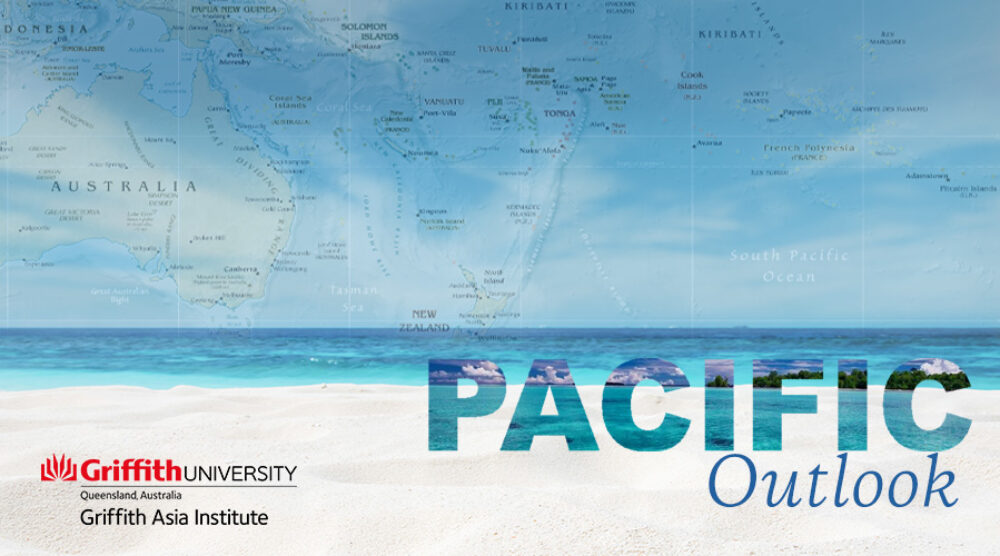Solomon Islands political tensions
In Solomon Islands, tensions between the provincial government of Malaita and the national government continue to simmer. Most recently, the premier of the province, Daniel Suidani, has announced that there will be a referendum to test whether Malaitans wish to be independent from the rest of the country.
This is not a new proposition, as there have been calls for secession before. This latest push comes off the back of ongoing divisions arising from the national government’s decision to end diplomatic relations with Taiwan last year. The Malaitan government announced at the time that they would not accept any Chinese backed investment or development in their province.
The government has declared that any attempts to hold such a referendum are illegal as the provincial government does not have the power to hold such a vote or to use government funding to do so. This is unlikely to have much impact in Malaita where tensions are running high.
Counting begins in the Bougainville elections
In Bougainville the polling period has ended and counting has begun in the autonomous government elections. The counting is expected to take one week with the return of writs scheduled for September 15.
COVID-19 led to a delay, some added logistical challenges and an extended voting period of three weeks to maximise participation.
With over 400 candidates, including more than 40 vying for the position of President, it has been an active election period. In general, the elections appear to have gone smoothly, with only sporadic instances of disputes and alleged improper procedure having been reported.
Key issues that have been in focus during the campaign period are how the new government will progress independence negotiations with the government of Papua New Guinea and the future of the Panguna mine.
Political shifts in Vanuatu
Despite the fact that the new government only took office in April, there are growing signs that a change in leadership is in the offing.
There have been two high profile resignations from government MPs who have now joined the Opposition. The Leader of the Opposition, Ralph Regenvanu, confirmed that a recent retreat was used to agree on policies to be implemented if and when a change in government is effected.
Under recently enacted changes to the rules relating to motions of no confidence, a total of 27 MPs are required to sign such a motion in the presence of the Speaker in order for it to be tabled if Parliament is out of session. As things currently stand, the Opposition has 24 MPs in its camp. There are 28 MPs on the Government side, including the Speaker of the House.
Pacific diplomats appear as witnesses before Australian inquiry
Pacific representatives to Australia have appeared as witnesses before an Australian parliamentary inquiry. The sub-committee of the Joint Standing Committee on Foreign Affairs, Defence and Trade is inquiring into Australia activating greater trade and investment with Pacific island countries.
The Pacific diplomats raised a number of issues. Whilst acknowledging the huge impact that COVID-19 is having on their economies, they also reminded the sub-committee of the pre-eminence of climate change as a threat to the region.
There were numerous mentions of concerns about lack of access to Australia for kava, which is a key agricultural product for several countries, including Vanuatu, Fiji, and Tonga. The Pacific officials expressed their concern that the promised trial of commercial imports has been deferred. They also drew the committee’s attention to the frustration felt by Pacific people living in Australia who cannot have kava posted to them for personal use.
US Secretary of Defense visits the region
The US Secretary of Defense, Mark Esper has completed a short but high-profile visit to the region. As well as spending time in Guam and Hawai’i, he stopped off for a few hours in Palau.
During his visit to the Pacific Esper was vocal about Washington’s concerns over the increased presence and influence of China in the region. He accused the Chinese regime of seeking to undermine international rules-based order and called for greater multilateral cooperation to protect sovereignty in the Indo-Pacific region.
Since his visit, reports have surfaced that the President of Palau, Tommy Remegensau Jr has asked the US to consider establishing a military base in his country. In a letter that was hand delivered to Esper, the President has offered this option to the USA as a way of countering China in the region. He also sees it as an economic opportunity for a country which is highly reliant on tourism.
Tess Newton Cain is an Adjunct Associate Professor at the Griffith Asia Institute and project lead of the Pacific Hub.








